Published
Bruton loop walk
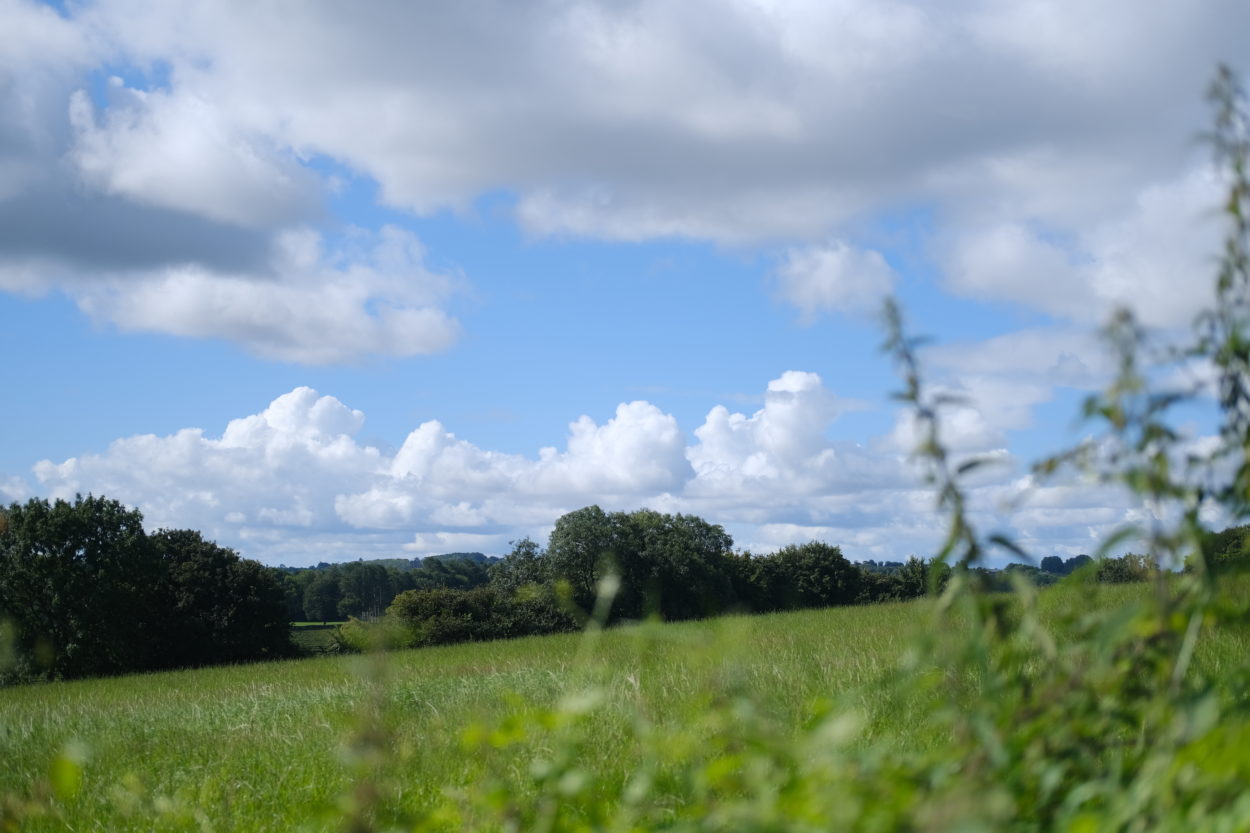
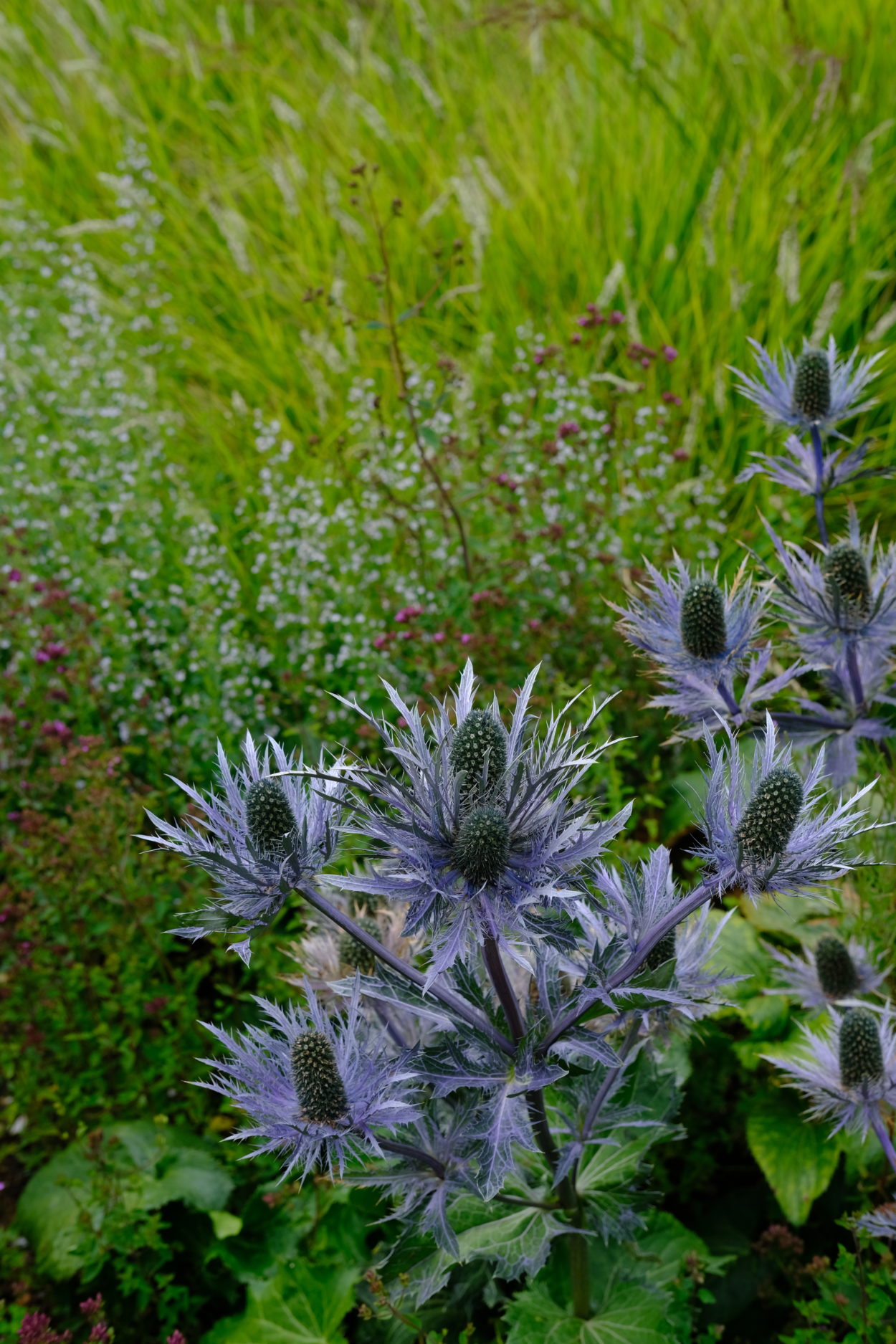
A loop walk from Bruton, early August.
Published

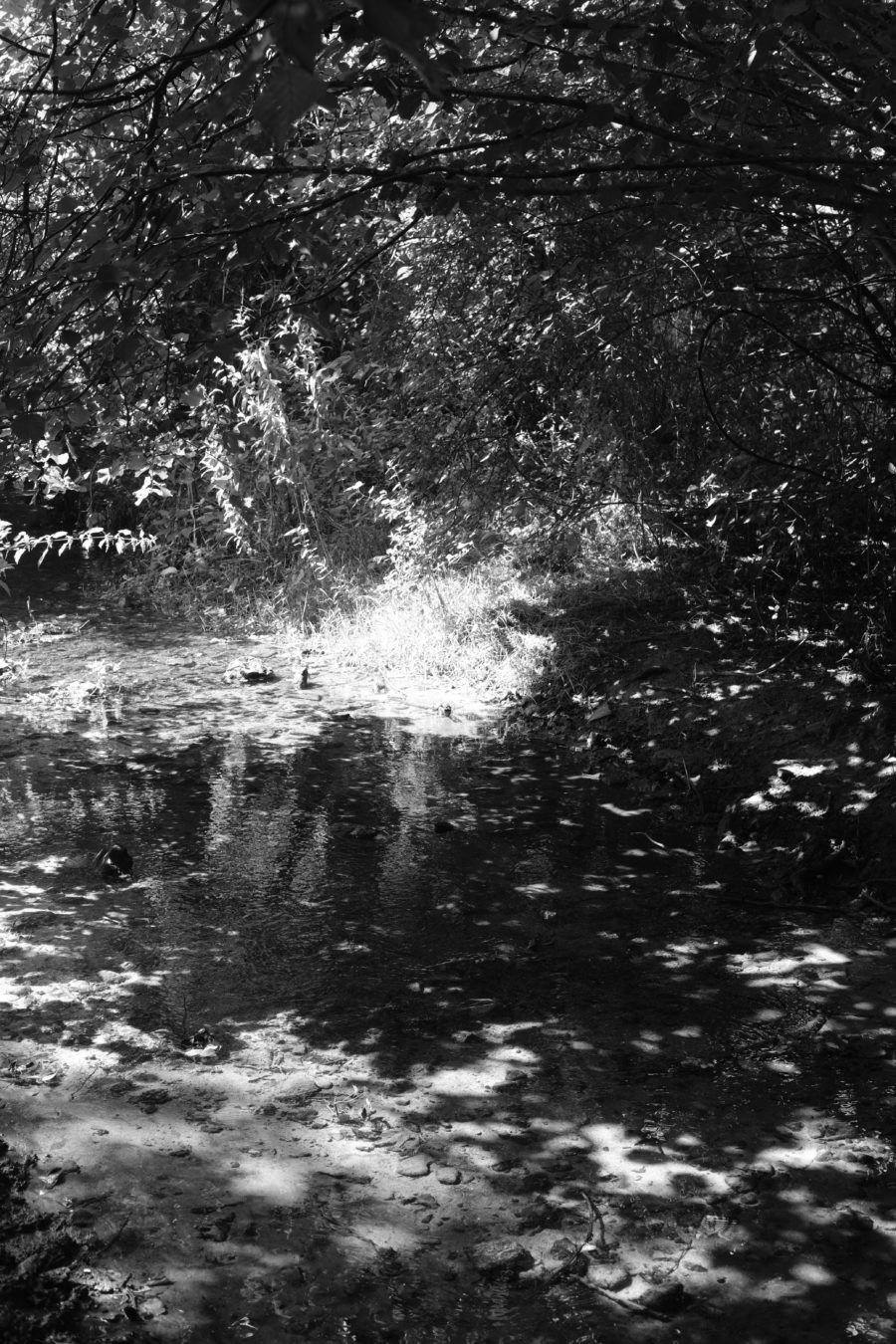

A loop walk from Bruton, early August.
Published
We have wanted to visit Oudolf Field for awhile and last weekend made it happen. During lockdown we’d primed ourselves with Five Seasons: The Gardens of Piet Oudolf, but nothing compares to the real thing.
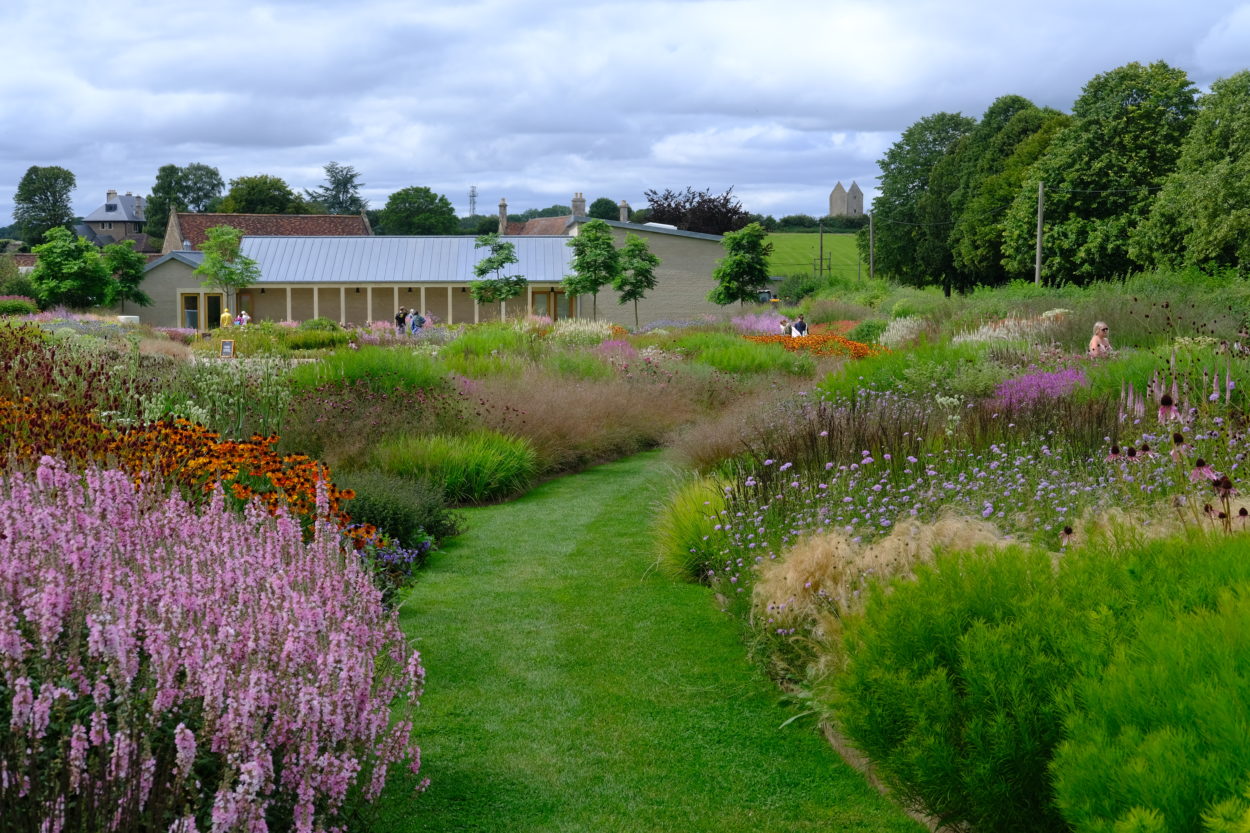
The Oudolf Field is masterfully planted, taking into account colour, shape, texture and height to frame nature as both sculpture and theatrical performance. Time congeals in the garden, as if its entrance is a portal to an over-cranked film. Bodies parade in slow motion to find every vantage point and appreciate every contrast. The best part is that nature takes no pause. I look forward to returning in autumn, winter and spring.

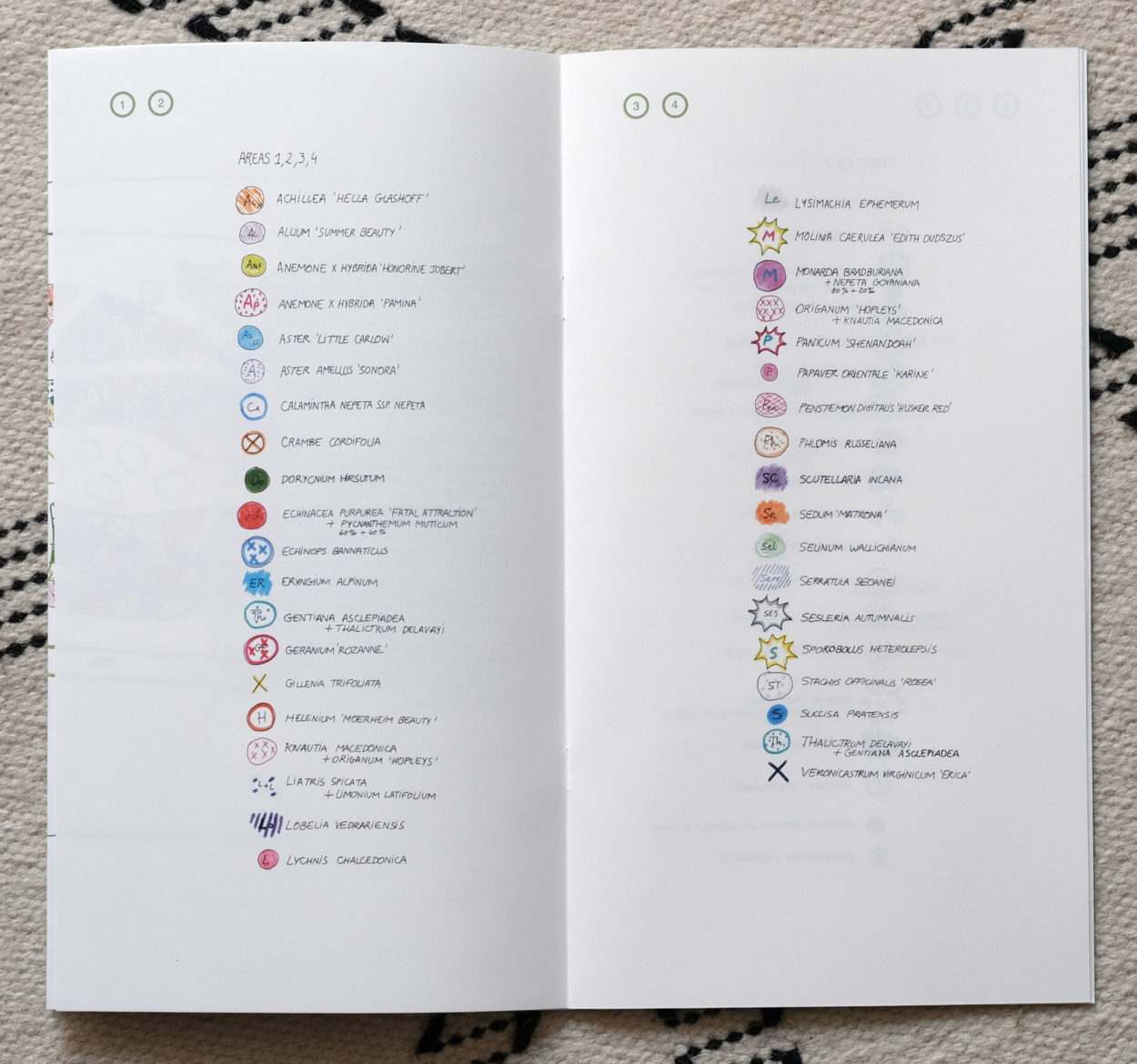
Over the course of his gardening practice, Piet Oudolf has developed an informal, but intricately detailed, approach to planning. Colour and pattern, seemingly haphazard, enables an agility in application. His hand-drawn sketches are beautiful objects in their own right, appealing to any graphic designer that is seduced by intelligent, orderly systems.
Published
No single word can accurately capture the strangeness of 2020. MR and I have been extremely fortunate that we have, in the scheme of things, been relatively unaffected by the Coronavirus Pandemic. Our jobs – and income – have remained unchanged, and we have a dedicated workspace at home each with a comfortable desk and chair. We have no children that require entertaining or educating, nor any elderly family living locally in need of care. We have had the privilege of access to food, physical space, face masks, hand sanitiser and soap, unlike a large proportion of the developing world.
Despite our privilege, I am weary. In January, scaffolding went up around the Victorian terrace next to ours, ahead of a major reconstruction which gutted the property and added a floor. Aside from two weeks in early April, due to government restrictions on non-essential work, the renovation has charged forward. Hammering, drilling, sanding, sawing, has been the soundtrack of the last six months meaning that almost all of my work video calls have required me muting and briefly unmuting my microphone to contribute to the conversation.
Read morePublished
Note to self: knitting needles make great DIY back scratchers.
Published
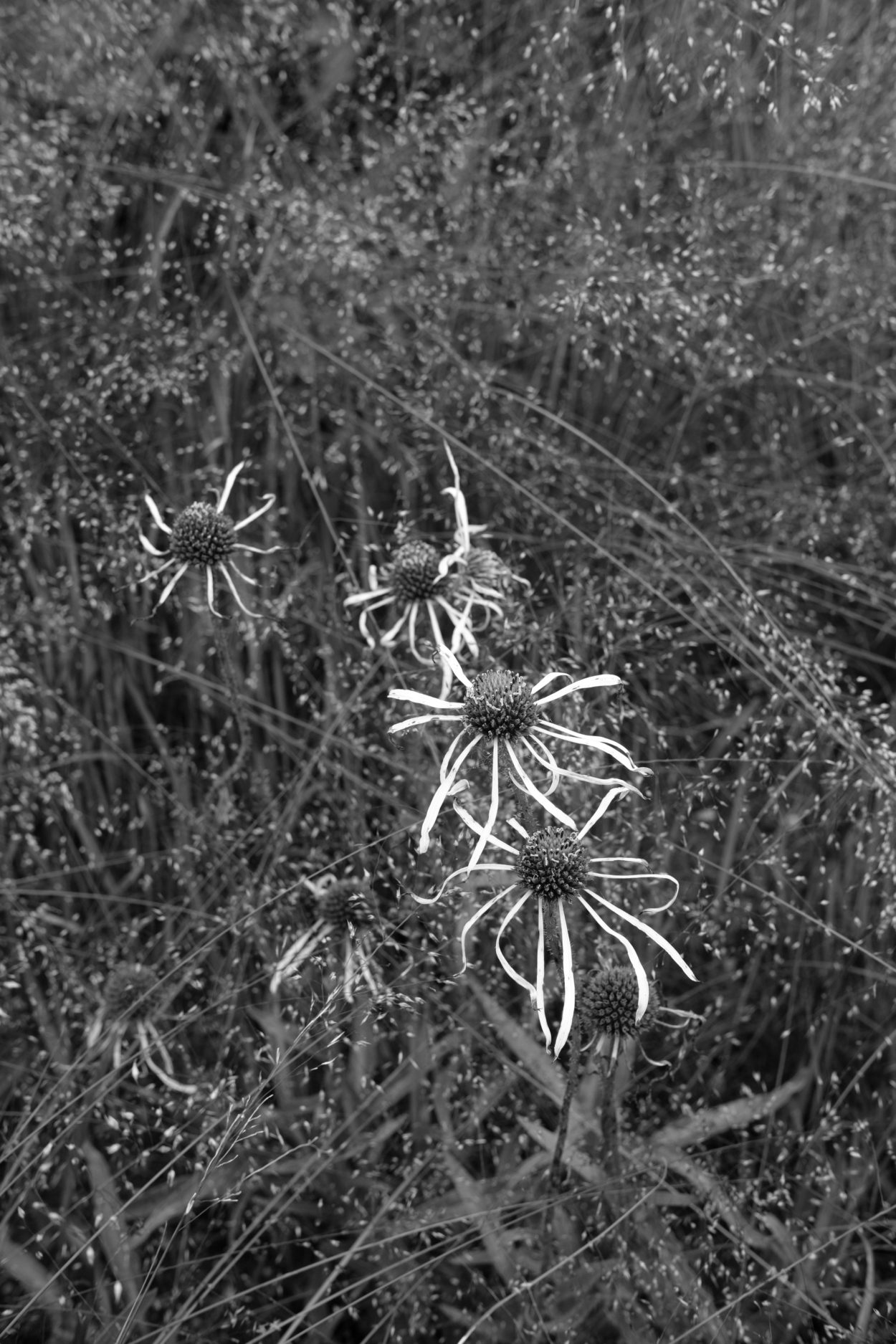
Published
I am currently designing a series of food labels using materials from our sustainable portfolio. The process has been a significant learning curve. I’ve gained in-depth knowledge of specific Avery Dennison products, but also a broader understanding of how to design for sustainability.
Early on I critically assessed every grocery delivery and hoarded the gems of waste packaging like a magpie. An oddity I’d never previously registered is that communicating the afterlife of packaging seems to be something of a Wild, Wild, West. Investigation proves that there are actually considerable regulations governing the information on a food label, though these mostly pertain to human safety and cover usage, storage and consumption.
Environmental health ultimately impacts human health, so it is bewildering that there are no legal standards in place. An example of best practice that does exist, on quite a few of the groceries in my kitchen actually, belongs to Recycle Now – a national campaign supported and funded by the UK Government. This system is clear, consistent and specific, indicating the packaging element (tray, bottle, lid, sleeve, film etc.), substrate (card, plastic, glass, etc.), required action (rinse, remove, separate, etc.) and availability (widely recycled, check local recycling, not yet recycled, etc.).
Published
Our impending move informed the decision to read In Cold Blood. Though I won’t get very far with just two months left in the country, it seemed prudent to at least attempt to tackle the unread books on our shelves before carting them to our next home. At least it made more sense than buying a new book, or borrowing one from the library which has been closed until recently anyway due to the pandemic. So, bearing my initial nonchalance in mind, it is fortuitous that In Cold Blood would turn out to be a favourite, whose place among our books is no longer under scrutiny.
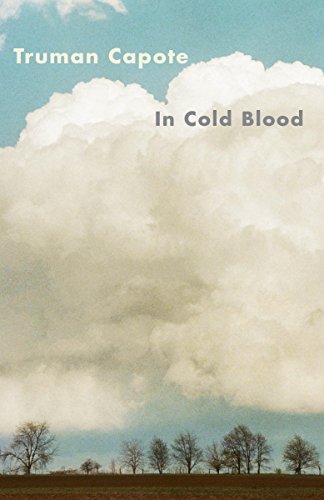
Capote sets the scene through a series of character descriptions that contrast the imminent victims with their killers. Lengthy, expressive passages often conclude abruptly with an explosively suggestive statement for dramatic effect. The narrative is organised in a way that delays the reveal of the murders, prolonging a reader’s immediate judgement of those responsible whilst holding them in suspense of the truth. As example, where a chapter ends with one soon-to-be-victim farewelling her boyfriend into the evening, the next chapter bypasses any nocturnal activities, moving quickly to the discovery of the bodies by an innocent neighbour on his regular church pickup. The latter half of the book follows a more conventional chronology, picking apart the improbability of such vile crimes being committed by seemingly sane, motivation-less perpetrators.
Based on true events that occurred in 1959, In Cold Blood is a brilliant meditation on accountability and consequence – how we determine right from wrong, and when that moral compass fails, how we separate a crime from a criminal’s personal background.
As a side note, check out the variation of covers over the years, many referencing the genre of crime and the characters of Hickock and Smith. My pick is the edition with an innocuous Kansas landscape, which seems closer to Capote’s intention for the book in exploring the banality with which the perpetrators perceive their own crimes.
Published
The weekends are slow. The hay fever is oppressive. When evening settles and all but the birds have turned in we watch films in bed – recently, Wadjda (2012) and Big Night (1996).
Published
I didn’t anticipate feeling so upset by Dominic Cummings’ recent cross-country travels.
Do I think his actions were unreasonable? No.
Do I think he exhausted all efforts to comply with government policy or remain accountable to the public he serves? No.
Do I think his actions flouted government policy? Yes.
Do I think any member of the general public would be shown the same grace the incumbent government is showing Cummings? No.
Whether the prevailing logic is rationalism or legalism, the same logic must be applied to every citizen. No exceptions. But this is England, a nation where every citizen is not equal.
Published
Never forget the luxury of filing your nails after cutting them.